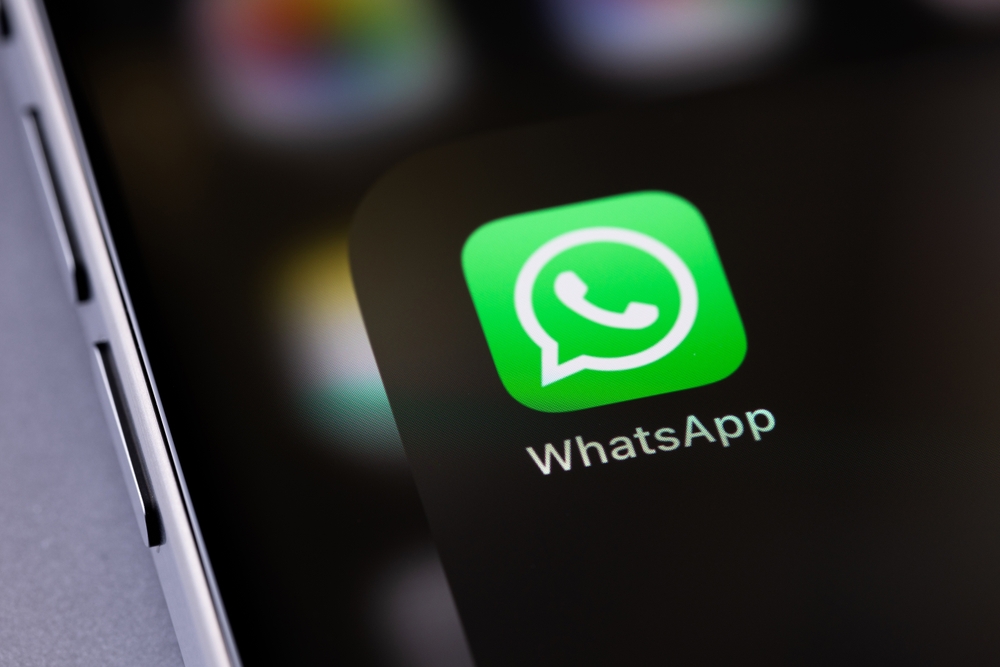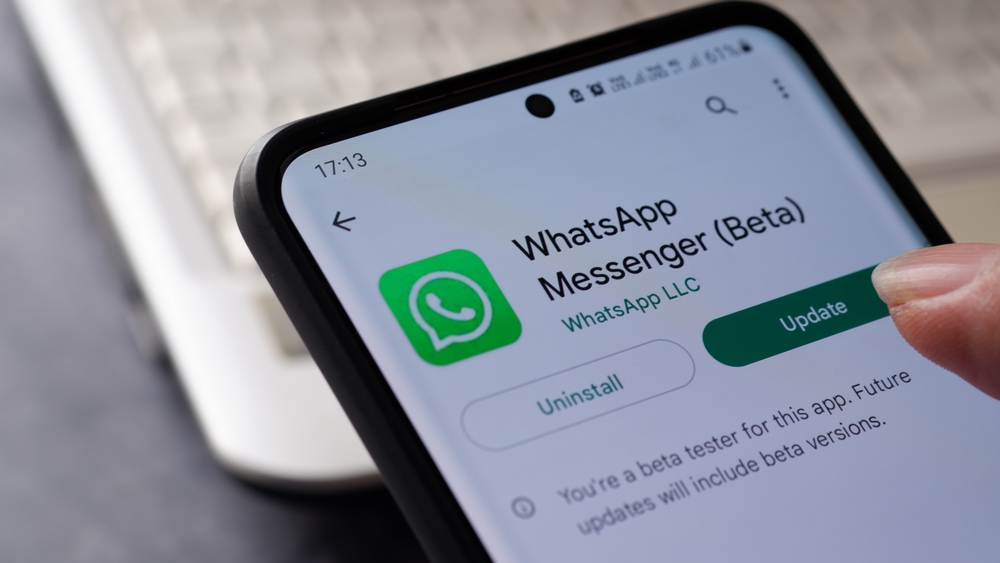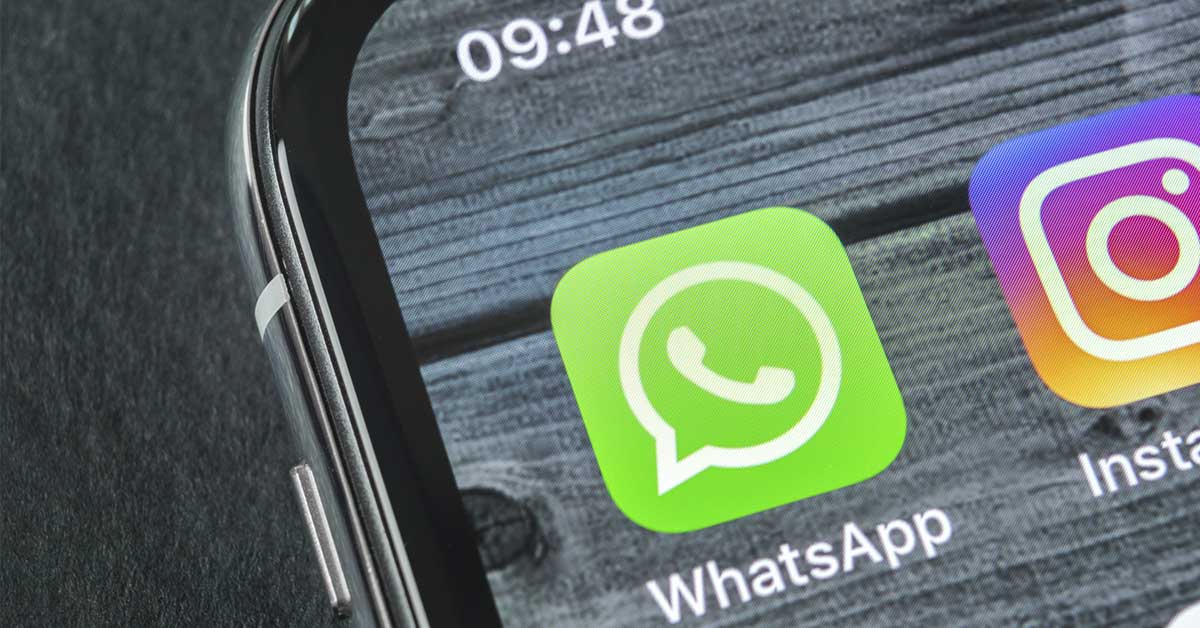If you rely on WhatsApp to stay connected with friends, family, and coworkers, now’s the time to check your phone. Starting May 5, 2025, the popular messaging app will stop working on several older smartphones, including some beloved iPhones and Android models.
WhatsApp is upgrading its minimum operating system requirements to unlock better features and tighter security. As a result, some devices won’t make the cut.
Meta, WhatsApp’s parent company, wants to streamline app performance by reducing support for outdated software. Although the change improves security and speed, it also forces users with older devices to either upgrade or lose access. If your phone can’t install iOS 15.1 or Android 5.0 or newer, you’ll soon find yourself locked out of WhatsApp. Let’s dive into which phones are affected, why this change is happening, and what you should do next.
These iPhones and Android Phones Will Lose Access
Starting in May, WhatsApp will only support iPhones running iOS 15.1 or later. Several classic models will no longer meet the app’s updated requirements, including:
- iPhone 5s
- iPhone 6
- iPhone 6 Plus
Apple released these devices between 2013 and 2014. Since they can’t upgrade to iOS 15.1, WhatsApp will soon stop working on them.
Android users aren’t safe either. On January 1, 2025, WhatsApp already ended support for devices running Android versions below 5.0 Lollipop. Many older phones already face issues or have lost access altogether. Affected models include:
- Samsung: Galaxy S3, Galaxy Note 2, Galaxy Ace 3, Galaxy S4 Mini
- Motorola: Moto G (1st Gen), Razr HD, Moto E (2014)
- HTC: One X, One X+, Desire 500, Desire 601
- LG: Optimus G, Nexus 4, G2 Mini, L90
- Sony: Xperia Z, Xperia SP, Xperia T, Xperia V
If your Android runs a version older than 5.0, you will no longer be able to use WhatsApp.

It’s also worth noting that newer versions of WhatsApp include advanced features like encrypted backups, multi-device support, and enhanced media sharing. These upgrades require more processing power and security features that simply aren’t available on older phones. Without these capabilities, users would experience app crashes, slower message delivery, and higher vulnerability to hacking risks. Meta’s move to limit support is not just about adding new features; it’s a necessary step to ensure a safe, reliable messaging experience for everyone.
Why WhatsApp Is Dropping Support for Older Devices
WhatsApp continues to evolve alongside technology. Every new update brings enhanced features, faster performance, and stronger security. These improvements rely on system components that simply don’t exist in older operating systems.
Meta made the decision to stop supporting older phones so developers can focus on innovation. Outdated devices often lack the power needed to support new technologies. They also miss critical security patches, making them vulnerable to threats. By focusing on newer models, WhatsApp can maintain a high level of security, functionality, and user satisfaction.
Furthermore, many users might not realize that sticking to outdated devices puts not just their own security at risk but that of their contacts as well. Security vulnerabilities in older operating systems can lead to breaches where personal conversations, photos, and sensitive information get exposed. Modern devices, on the other hand, come equipped with security measures like biometric authentication, hardware encryption, and frequent system updates, all of which help protect WhatsApp data. In today’s interconnected world, keeping your device updated isn’t just smart, it’s essential.
How to Check If Your Phone Will Lose Access
You can quickly find out whether your device will lose WhatsApp access:
- iPhone Users:
Open Settings > General > About. Check the iOS version. If it’s lower than 15.1 and no update exists, your device won’t run WhatsApp much longer. - Android Users:
Open Settings > About Phone > Software Information. If the Android version is lower than 5.0, you’re already at risk of losing access to WhatsApp.
If your phone hasn’t received a software update in years, chances are you’ll need an upgrade.

How to Keep Using WhatsApp Without Interruptions
If your phone is on the list, you still have time to act:
- Back Up Your Chats
Save your conversations using Google Drive (Android) or iCloud (iPhone). This ensures you won’t lose important messages when switching devices. - Check for Software Updates
Some phones, especially those released later in the production cycle, may support a system upgrade. Navigate to your settings and see if you can update. - Upgrade Your Device
If no updates are available, consider purchasing a newer phone. Even affordable or refurbished models can support the latest version of WhatsApp. - Export Critical Conversations
Use WhatsApp’s export feature to email important chat threads. This method preserves crucial information even if you don’t back up everything.
When choosing a new device, consider not only current compatibility but also long-term support. Devices from brands like Apple, Samsung, and Google tend to offer longer update cycles, ensuring you can use apps like WhatsApp for many years without interruption. Refurbished models, especially from reputable sellers, can offer an affordable solution without compromising performance. It’s always wise to invest in a device that will meet your future needs, not just your immediate ones.
The Bottom Line
The fast pace of technology means apps like WhatsApp need to keep moving forward. As of May 5, 2025, several iPhones and Android phones will no longer run WhatsApp. If your device can’t handle iOS 15.1 or Android 5.0, it’s time to back up your data, check for available updates, or plan your next upgrade.
Losing access to WhatsApp can feel frustrating, especially for users attached to their older phones. However, staying connected means staying up to date. By preparing now, you can continue enjoying WhatsApp’s features without interruption.
Read More: This App Might Be Hogging Your iPhone Storage—Here’s How to Fix It

